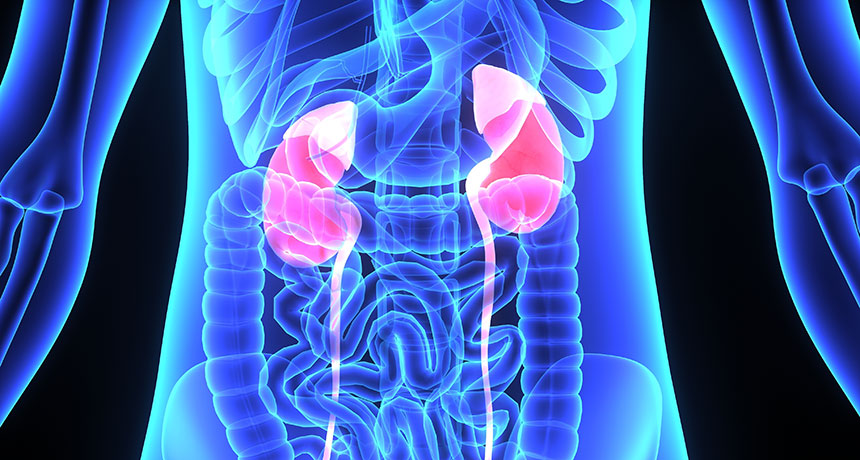Kidney transplants may benefit from a slightly chilled donor

Transplanted kidneys appear to function better when an organ donor’s body is slightly cooled after death and before transplantation.
Sciencepics/Shutterstock

Transplanted kidneys appear to function better when an organ donor’s body is slightly cooled after death and before transplantation.
Sciencepics/Shutterstock